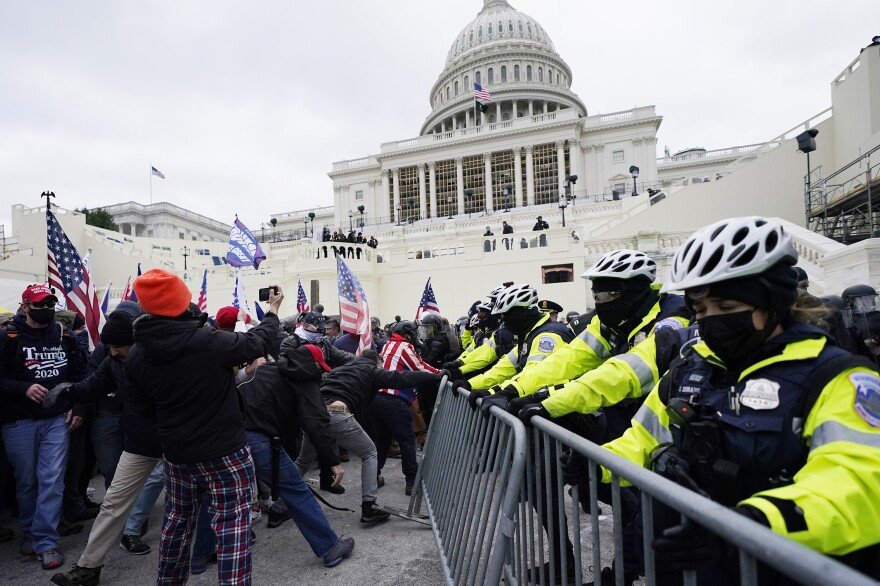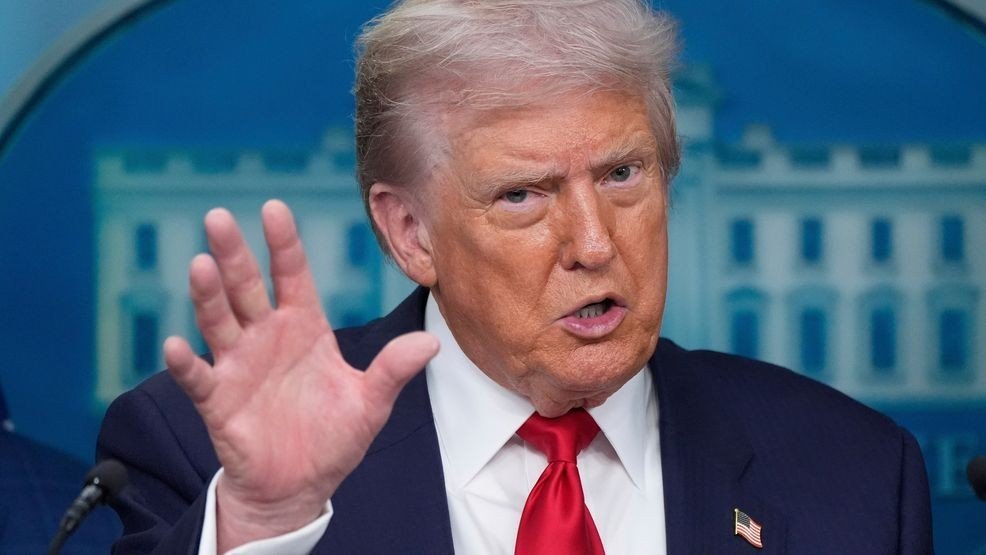Trump Announces National Guard Deployment to Washington DC Amid Crime Concerns
The move marks an unusual expansion of presidential powers, with Trump invoking emergency authorities to seize control of the police department for 30 days.
Local authorities, including Mayor Muriel Bowser and Attorney-General Brian Schwalb, have pushed back against the plan, pointing to data that shows a substantial decrease in crime rates since a post-pandemic surge in violence.
Background and Reaction
Washington DC, which is not a state, falls under federal control, giving Congress ultimate jurisdiction over the city.
However, the president can take control of the police department for 30 days if he determines there is an emergency.

Trump has warned of a federal takeover since a former Department of Government Efficiency staffer was allegedly assaulted during an attempted carjacking last week.
Mayor Bowser, a Democrat, argues that the city is having significant success managing crime, and has taken measures such as removing Washington’s Black Lives Matter Plaza in March to fend off federal intervention.
Attorney-General Schwalb described Trump’s move as “unprecedented, unnecessary, and unlawful.”
Protesters gathered outside the White House, with one demonstrator, Jay Ryan, stating that Trump’s action is a “power play” and that the president is becoming “an authoritarian.”
Another protester, Susan Gamble, expressed concern about the presence of federal agents in her neighbourhood, saying she felt “afraid” and that the Metropolitan Police Department does a “wonderful” job.
The deployment of National Guard troops follows Trump’s decision to send troops to Los Angeles to quell protests over local deportation efforts.
It is unclear how the troops will be utilised in Washington DC, but local media reported that agents from the FBI and other federal agencies are already being deployed to back up local law enforcement.

